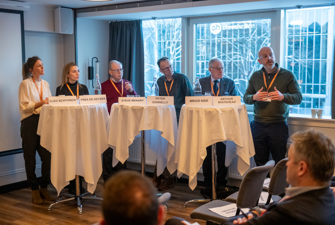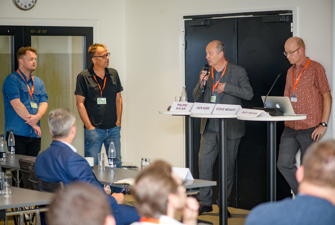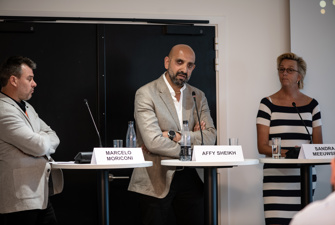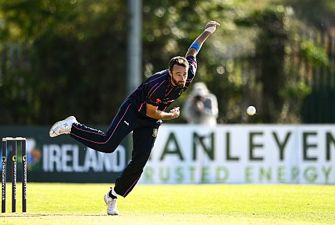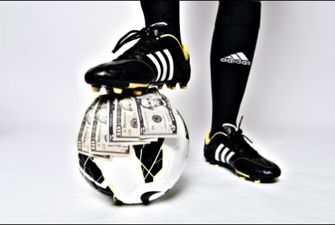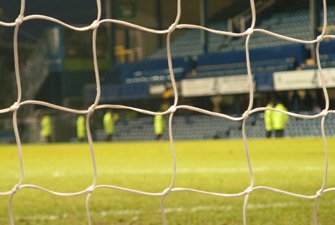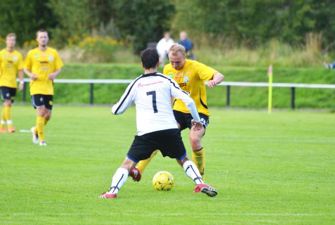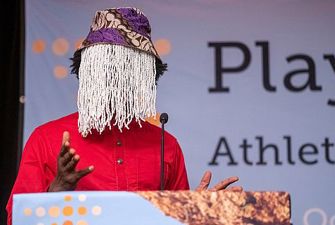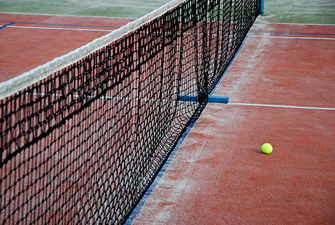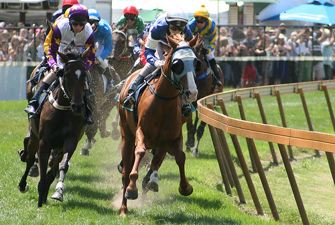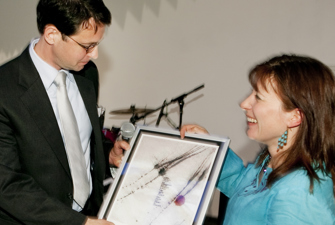Match-fixing in handball: A reminder of the need for a World Anti-Corruption Agency
OPINION: The revelations by Danish television station TV 2 that referees in the current handball World Championship for men are suspected of being involved in match-fixing is fine journalism, but the revelations also point to an even bigger problem: there is no agency to fight all corruption in sport.
Opinions on playthegame.org reflect the views of the author(s).
When a TV station, which itself has money and prestige at stake in an ongoing handball World Championship, reveals that two of the participating referee pairs are suspected of match-fixing, it arouses justified attention.
It is a journalistic scoop for Danish TV 2 to have obtained a secret report from the company Sportsradar, which the European Handball Federation (EHF) has conveniently hidden away since 2018. In turn, it is embarrassing for both the EHF and its international parent organisation, the International Handball Federation, to now allow the suspected referees to continue their work during the tournament as if nothing had happened.
Regardless of whether the EHF believes it has investigated the matter itself without finding serious breaches of the rules of the game, the association has neglected to inform handball leaders and other stakeholders outside a very narrow circle for so long that both the credibility of the World Cup and the credibility of handball have been put at risk.
This is a crying shame for players, coaches, managers, and the public - and it is also a major problem for the referees concerned, who, rightly or wrongly, are now subject to special critical attention.
If one has to defend the EHF (and maybe you shouldn't), you can say that the association has tried in vain to go to the Austrian police, and otherwise they have no one to turn to. Unfortunately, this is true, because international sports federations have been neither willing nor able to seriously address the global problem raised by match-fixing for the credibility of sport and for the rule of law in society.
The fact that the police has not pressed charges is an indication that they have been unable to find evidence of any crime. However, this does not rule out the possibility that the referees have done something which is contrary to the rules and ethics of handball which the handball managers themselves have a responsibility to manage.
But it goes without saying that sports leaders are generally left with very few tools to conduct investigations when there is suspicion of manipulation of sports matches - especially when the suspicion concerns a link between the sport and the illegal gambling industry.
The illegal gambling industry is a powerful adversary for both sport and society. The illegal Asian gambling market is a multi-headed monster where bookmakers and backers turn over billions of dollars - sorry: thousands of billions of dollars - on an annual basis without any effective oversight by the authorities. To take just one example: China is considered to be one of the world's largest gambling markets, even though gambling is strictly prohibited and the authorities occasionally show their teeth and arrest a few thousand bookmakers and henchmen.
Via the internet, illegal bookmakers reach a global audience that can bet on almost any event during a sporting event. In addition to the final score, in handball it could be goal difference, total number of goals, number of penalty throws, two minute suspensions, and more - and as we know, a lot of things happen during the 60 minutes of a handball match.
Evidence is always difficult in cases of international crime, and you can't expect a good handball leader to also have the talent to be sports' answer to Hercule Poirot.
Sport fights control from the outside
When you consider that match-fixing not only damages but directly destroys the unpredictability that is the essence of sports' power of fascination and commercial value, it is hard to understand why sports organisations, led by the International Olympic Committee (IOC), are fighting tooth and nail to avoid outside scrutiny.
Almost 17 years ago, I was among the first to point to the need for an organisation similar to the World Anti-Doping Agency (WADA) in the field of doping to combat all forms of corruption in sport throughout the world. For many years, the meeting rooms went completely silent when the proposal came up, but in recent years things have changed. Not so much at the political top of sport, but in the lower ranks and in society at large.
More and more police officers, prosecutors, civil servants, media people, parliamentarians, national sport leaders and grassroots club people are losing patience.
They do not understand, for example, how the small country of Malta, with its large gambling industry, has been able to block the EU from actively promoting the convention (a binding international agreement) against match-fixing, which was agreed by almost all European countries eight years ago.
They do not understand why data protection rules are helping to slow down the exchange of information between police, gambling authorities, gambling companies and sports organisations.
They do not understand why so many national police authorities consider match-fixing a minor problem when it is so obvious that it is a source of profit for large criminal groups.
They do not understand why sports' own organisations are still struggling to avoid international scrutiny of corruption in sport.
Building the basis for a central anti-corruption agency
At our international Play the Game conference in Odense in June 2022, a number of these impatient people therefore proposed that Play the Game takes the lead in a study to bring together the best forces to create a basis for a World Anti-Corruption Agency (called WACA) in sport.
We have recently set about this - initially by sending out a questionnaire and seeking advice from around 250 experts and others with a particular interest around the world.
We are also working with Viola von Cramon, Green MEP in Germany, who recently published a report on a WACA. It can be found at www.stopcorruptioninsports.eu
Whether a central agency is the right solution, or whether other models can be found to combat match-fixing, we leave open. But something must be done to tackle the biggest threats:
- The illegal bookmakers in Asia and their network of fixers all over the world
- The inability and unwillingness of sports organisations to tackle corruption within their own ranks
- The widespread inaction and indifference of governments
- The barriers to cross-border police investigations
- The poor working conditions that tempt many athletes and referees into match-fixing
Tackling these problems requires an international and coordinated effort among many professional groups. Otherwise, we might as well call off the fight against match-fixing.
This commect was published on TV 2 Sport 18 January 2023.
